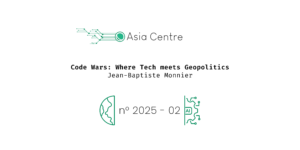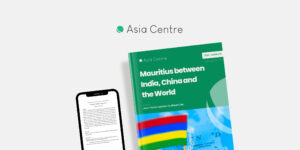The pact that China has made with globalization, trading huge external dependence for miraculous export growth, may be unravelling. The crisis in the West is hurting exports, and inflation and bubbles at home are creating unrest in the vital coastal regions. With the upcoming crucial contest for Chinese leadership in 2012, Beijing is involved in a vital debate about the value of two competing models of development that will influence who leads the country and what direction it will take in the future. The Chongqing experiment is based around a metropolis in Central China, which has—under the leadership of Bo Xilai—used massive state subsidies to woo flagship foreign firms like Apple, launched a giant social-housing program and fought the mafia. The rival Guangdong model from Canton is based instead upon moving up the technological value chain, reinforcing the rule of law and representation of the people by NGOs.
Summary
– ONE OR TWO CHINESE MODELS? –
Chongqing and Guangdong: Two Conflicting Models (Yang Chan)
The Implications of the Chongqing Model for the Reform of China’s Legal System (Jean-Pierre Cabestan)
The View from Hong Kong: Bo Xilai’s Opportunism is Not Paying Off (Jérôme Doyon)
Chongqing: A Model for a New Economic and Social Policy? (Romain Lafarguette)




